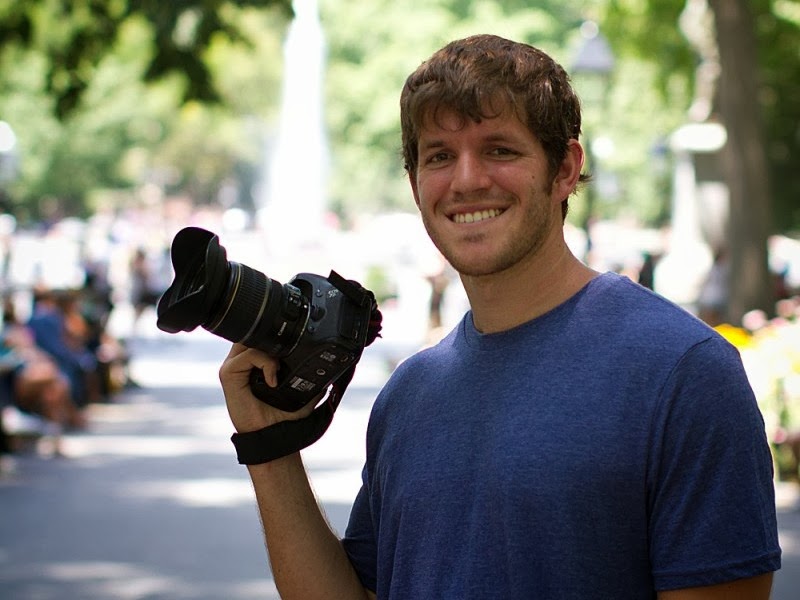While sitting at the counter in my kitchen this morning enjoying a bowl of my favorite Honey-Nut Cheerios, I overheard the voice of a familiar newscaster in the other room. The reporter noted on what apparently has been a hot topic in the news the past day, new requirements regarding food labels to help cure America's obesity epidemic. This made me think. Is America's obesity problem the responsibility of the box's label? Further research lead me to learn that starting in a few years, food labels will become less "cluttered" and "more user-friendly" says NPR. Among many things that the new food labels will aim to change, one thing in particular that struck me is the new serving sizes. The article suggests that the serving sizes listed on packages have "long been misleading, with many single-serving packages listing themselves as multiple servings, so the calorie count appears lower." Noting that the new serving sizes would be more realistic for what people eat.
I looked at the food label on the brightly colored box of Cheerios. It read that the current serving was 1 cup for 120 calories. But who are we kidding, no one can simply just eat one cup of Cheerios. I looked at my bowl thinking that maybe the new food labels would be better. If the box actually suggested a realistic serving, cereal lovers like myself could see the real facts on the amounts that they were actually consuming.
Michelle Obama advocated for these new food labels to fight obesity in America. While I agree that making more realistic serving sizes can help consumers understand how many calories they are really ingesting, I began to wonder if just by doing this people would really eat less? To me, regardless of what the box says, I feel as if I would eat the same amount of Cheerios wether or not the serving size was one cup, or two cups. It seems to me that obesity is caused more by people's personal decisions on how much they eat, rather than mislabeling. What do you think? Are we just blaming our problems on labeling when really we are the only ones who can cure the epidemic?



